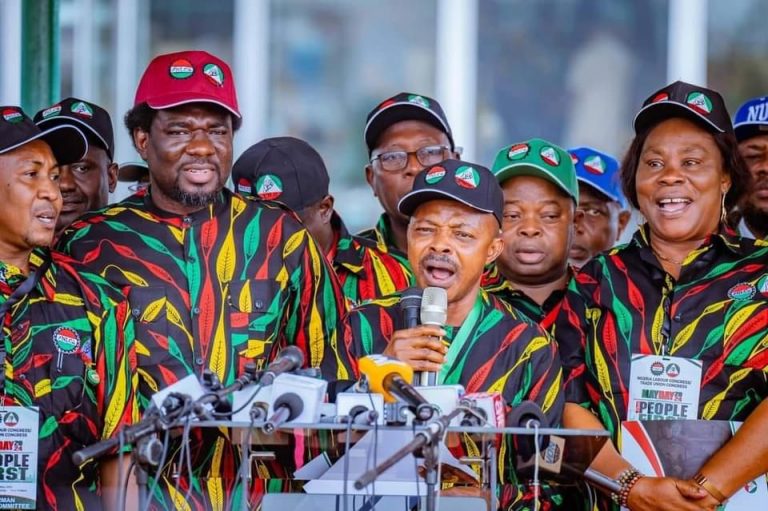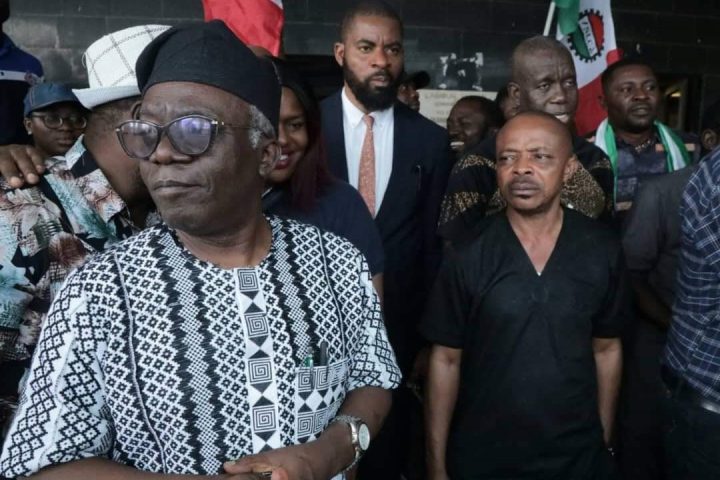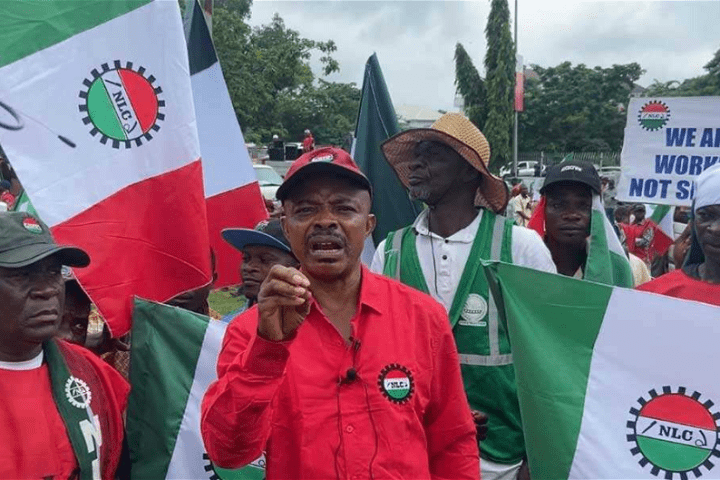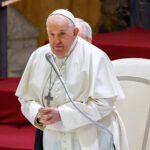As organised labour continues to push for an increase in minimum wage for Nigerian workers, an economist Mr Soni Daniels Ezeanochie, has cautioned against over-reliance on wage hikes as a panacea for economic challenges.
Mr Ezeanochie, who stated that minimum wage is the lowest salary set by the government for workers each month, pointed out that while increasing wages can give workers more money to save and spend, it also has implications on inflation. According to him, more money at the disposable of people through wage increase can lead to rise in demand, resulting in higher prices, making it harder for people to afford things.
Join our WhatsApp ChannelREAD ALSO: Mixed Reactions Trail Organised Labour’s ₦615,000 Living Wage Proposal
The economic expert warned that raising minimum wage might result in job losses, especially for those with low skills or in lower-paying jobs. He emphasized that when wages rise, prices tend to follow suit, putting pressure on consumers’ pockets.
Offering a solution, Mr Ezeanochie suggested that instead of solely focusing on wage increase, the government should work on making essentials like education, healthcare, and electricity more affordable. He asserted that this is a comprehensive approach that would improve the overall quality of life for everyone.
He stressed that relying solely on minimum wage hikes won’t address all economic woes, and called for a more holistic approach to tackle underlying issues and ensure sustainable economic growth for the benefit of all.


















Follow Us